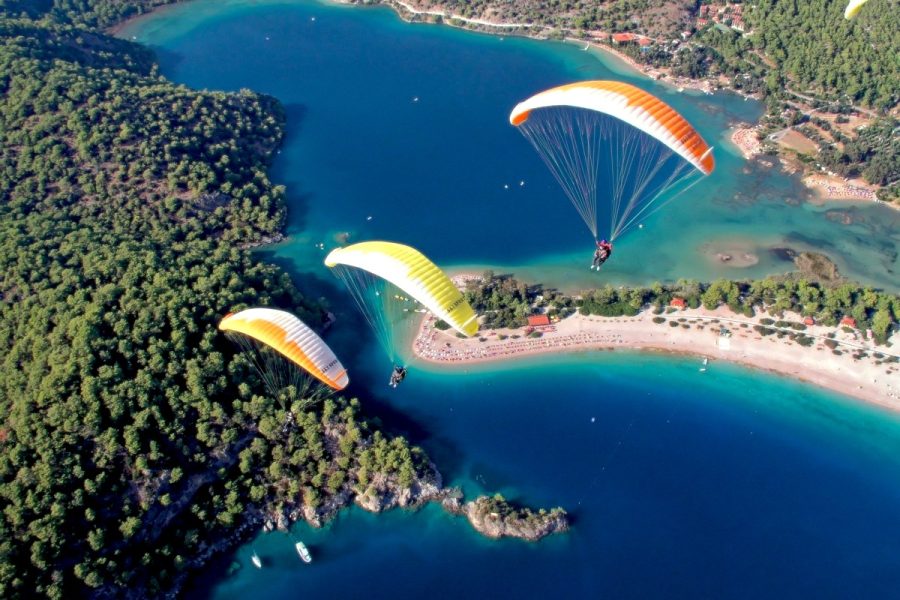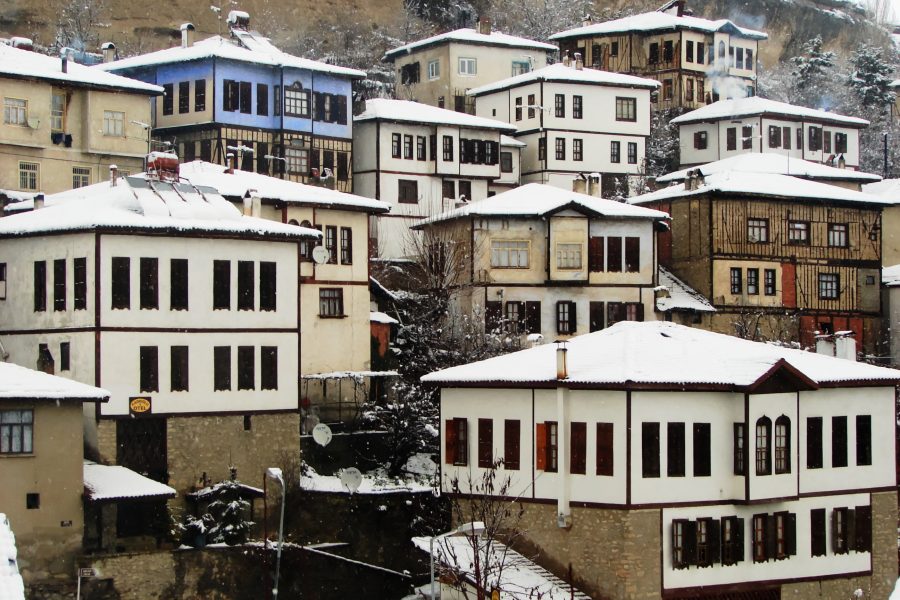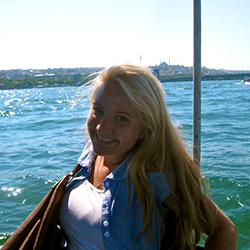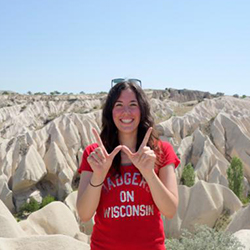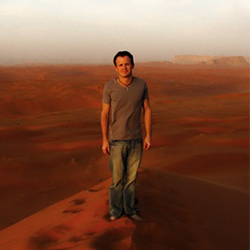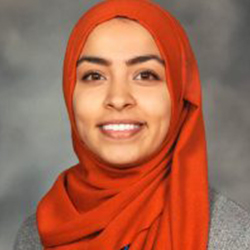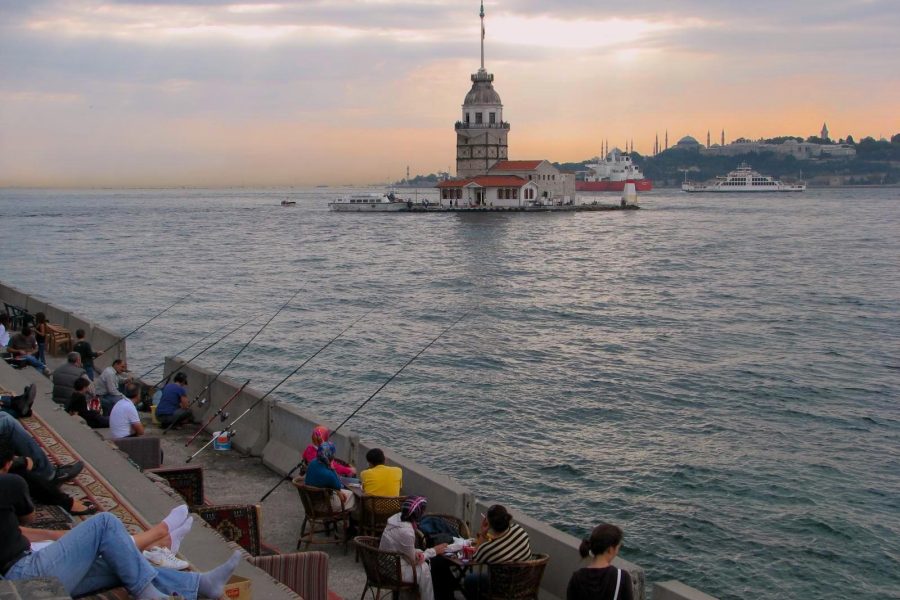

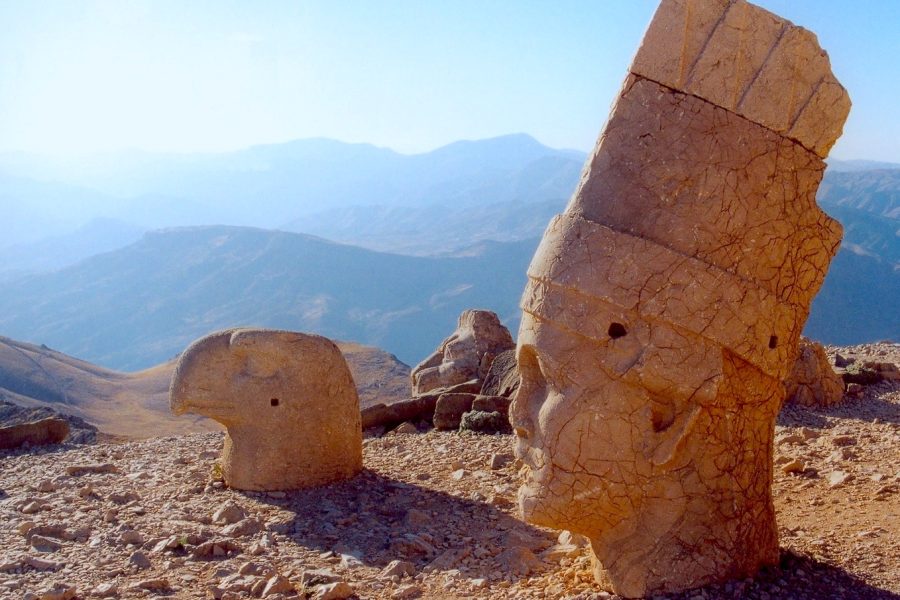
WHY STUDY TURKISH?
Türkçe is spoken by 75 million people as their first or second language. It is also a widely spoken language in parts of Cyprus, the Balkans, and in Europe, adding another 15 million people to the Turkish-speaking realm. Turkish has become the second most spoken language in Austria and Germany after German as a result of mass immigration from Turkey under the “guest worker” agreement. Including the Kurdish people, the Turkish population constitutes the largest ethno-linguistic and religious minority in Germany. Third generation Turkish-Germans play a notable role in German society and culture as politicians, artists, writers and entrepreneurs.
Proficiency in Turkish provides students of anthropology, history, sociology, migration, literature, and linguistics access to a widely spoken first language in Europe. Moreover, Turkish belongs to the Turkic language family including Azerbaijani, Uzbek, Kazakh, Uyghur, Tatar, Turkmen, and Kyrgyz, which makes it possible for students of Turkish to master these languages in a relatively short time. Since Turkish also heavily borrowed from Arabic and Persian, learning modern Turkish is the first step to master Ottoman for students whose research area falls into the provinces of the Ottoman Empire.
Discover this unique agglutinative language which can convey a sentence length discourse in English only in one word as Finnish, Hungarian, Korean, Japanese, Swahili and some indigenous languages of the Americas do!
Turkey has become the world’s second largest TV series exporter after the US. Turkish also unlocks for students unique insights into material and non-material cultures of Turkish speaking people. Study of Turkish allows students to experience a rare synthesis of Asia and Europe. Istanbul is literally the spot where two continents converge, and the country has been home to a rich variety of civilizations whose historical footprints are visible all over the country. Dive into the long-lasting legacies of Byzantine and Ottoman Empires. Immerse yourself in the history of 18 UNESCO world heritage sites such as Cappadocia, Ephesus, Göbeklitepe, Hagia Sophia, Mount Nemrut, Troy among many, and in diverse cultural practices and perspectives of Turkish speaking people from West Asia to Germany. Explore this rich land of endless opportunities deeply rooted in history!
Hear from some of our Turkish students on why they study Turkish at UW-Madison by clicking on the videos below!
Funding Opportunities
Campus Funding (Academic Year and Summer Language Study)
- Foreign Language and Area Studies (FLAS) Fellowships:
- For the academic year the FLAS stipend is $5,000 for undergraduates and $20,000 for graduate students. Undergraduates receive up to $5,000 towards tuition each semester; graduate students receive full tuition and fees. FLAS for Turkish is supported by multiple centers on campus.
- The Karpat Turkish Language Scholarship
- Kemal H. Karpat Center for Turkish Studies Small Grants Program:
- The Kemal H. Karpat Center for Turkish Studies welcomes small grant applications from UW-Madison graduate students working in any area of Turkish Studies, broadly construed. Scroll down to see the application details.
National Funding
Proficiency in Turkish is increasingly valuable to government and other organizations in West Asia, Europe, and the US. Turkish is a critical language for the US Department of State, which offers overseas Critical Language Scholarship to US students. Also, Boren Awards recipients have the opportunity to study Turkish in the Turkish Flagship Language Initiative (TURFLI). Boren Scholars and Fellows selected for this flagship initiative receive funding for intensive language study and cultural immersion, beginning with a summer 2020 domestic program at the Middle Eastern and Mediterranean Language Institute (MEDLI) at the University of Wisconsin-Madison, followed by an overseas program in Baku, Azerbaijan.
CAREER PATHS AVAILABLE TO STUDENTS
Students can work in joint companies, institutions, and organizations in Turkey. The U. S. Embassy, Foreign Service, U.S. Military offer opportunities for employment in Turkey. Teaching English as a Second language is a job in high demanded as well. Students can explore academic and scholarly work in Turkish Literatures, Comparative Literatures, History of the Ottoman Empire and Modern Turkey, Political Science, Anthropology, Sociology, Linguistics, and more.
TURKISH IN THE CLASSROOM
The department of GNS+ at UW-Madison offers courses in the modern Turkish language (Istanbul Turkish) and Ottoman (19th and early 20th centuries), latter contingent on demand. Below is the usual sequence of courses:
Fall: 1st, 3rd, 5th semesters of Turkish
Spring: 2nd, 4th, 6th semesters of Turkish
Since classes are small, students receive individual attention from the instructors. Elementary and intermediate courses meet 4 days and Advanced course meets 2 days per week at a reasonable hour. Curriculum and materials are designed to meet students’ interests and needs. Classes are open to heritage students, students who speak any other Turkic language or students with no prior language study. Students who have not taken the prerequisite(s) can move on to the next level based on the evaluation of the instructor.
Instruction is proficiency-based at UW-Madison: Students master speaking, reading, and writing using grammar in context. Our teaching philosophy prioritizes linguistic competence integrated in intercultural competence through the lens of social justice education. Therefore, an understanding of Turkish cultures including their products, practices, and perspectives in comparison with students’ own cultures is central to our curriculum.
Click here to see the full list of Turkish language and culture courses offered in Fall 2023.
Culture Course in English: GERMAN 278/GNS 270: Berlin-Istanbul Connections: Reimagining Germany (Comm B) offered in Fall.
Please contact the Turkish Program Coordinator Dr. Nalan Erbil for more information.
STUDYING ABROAD
Bogazici University Exchange!
“Experience the rich history and culture of Istanbul while studying at the renowned Bogazici University, academic home to some of the best students in the country. Students interested in directly enrolling in courses in a foreign university will find this exchange program an excellent opportunity to take courses in English while learning about Turkish culture and language.”
Read more about the Bogazici University Exchange Program here!
Studying abroad is an amazing way to not only solidify your knowledge of the Turkish language, but also experience the culture firsthand.
“The adaptability and cultural sensitivity you learn from a program like this exceeds almost anything I have learned inside the classroom.”
To hear more about these programs from students themselves, head to the profiles of Matt Williams or Nicole Davis.
Certificates
Middle East Studies Certificate
Russian, East European, and Central Asian Studies Certificate
Summer Study
Study Turkish in the summer at The Middle Eastern and Mediterranean Language Institute (MEDLI)
Advisor:
Nalan Erbil: erbil@wisc.edu
GNS Undergraduate Advisor:
Joanna Schuth: undergrad@gns.wisc.edu
KEMAL H. KARPAT CENTER FOR TURKISH STUDIES: SMALL GRANTS PROGRAM FOR UW GRADUATE STUDENTS
The Karpat Scholarship provides awards to selected students who take Turkish Language courses. The scholarship offers $500 to each recipient in their first year of Turkish Language instruction at UW-Madison, and $1,000 to each recipient in their second year of Turkish Language instruction.
Description:
The Karpat Center Turkish Language Scholarship provides financial support to students enrolled in Turkish language courses at UW-Madison. Scholarship recipients are chosen annually each summer.
Deadline:
Complete application package must be received by July 1.
Award:
- $500 for registering GNS 339: First Semester Turkish and GNS 340: Second Semester Turkish (language instruction) at UW-Madison
- $1,000 for registering GNS 439: Third Semester Turkish and GNS 440: Fourth Semester Turkish (language instruction) at UW-Madison
Eligibility:
The scholarship is open to undergraduate and graduate students who will be enrolled in above mentioned Turkish language courses at UW-Madison for both semesters in the upcoming academic year. Incoming freshmen are eligible.
Application Materials:
The application package myst be submitted via WiSH and must include the following:
- Statement of purpose: An essay (800–1000 words, double-spaced, 12-point font) that addresses the following:
-
- Your experience with language learning.
- Your reasons for wanting to study Turkish.
- How the Turkish language program aligns with your academic interests, intellectual goals, and post-graduation plans.
- Transcripts:
- UW-Madison transcript (an unofficial copy is acceptable)
- Official transcripts from any other post-secondary institutions attended
- High school transcripts (only for incoming freshmen)
- Reference Contacts: Provide the email addresses and phone numbers of two individuals who can speak to your academic potential.
Selection Process:
The selection committee is composed of faculty and staff from the Department of German, Nordic, and Slavic Studies, as well as members of the Kemal H. Karpat Center for Turkish Studies. The committee will review the application package and may contact your references. Preference will be given to applicants with a demonstrated commitment to Turkish Studies in their academic or professional goals. Scholarship recipients will be notified by email by August 15.
How to Apply:
To apply for the Kemal H. Karpat Center Turkish Language Scholarship, please submit your application electronically through WiSH.
To complete the application, visit wisc.academicworks.com.
For any questions regarding the scholarship, contact Joanna Schuth, Academic Advisor at GNS+, via email at jschuth@wisc.edu.
